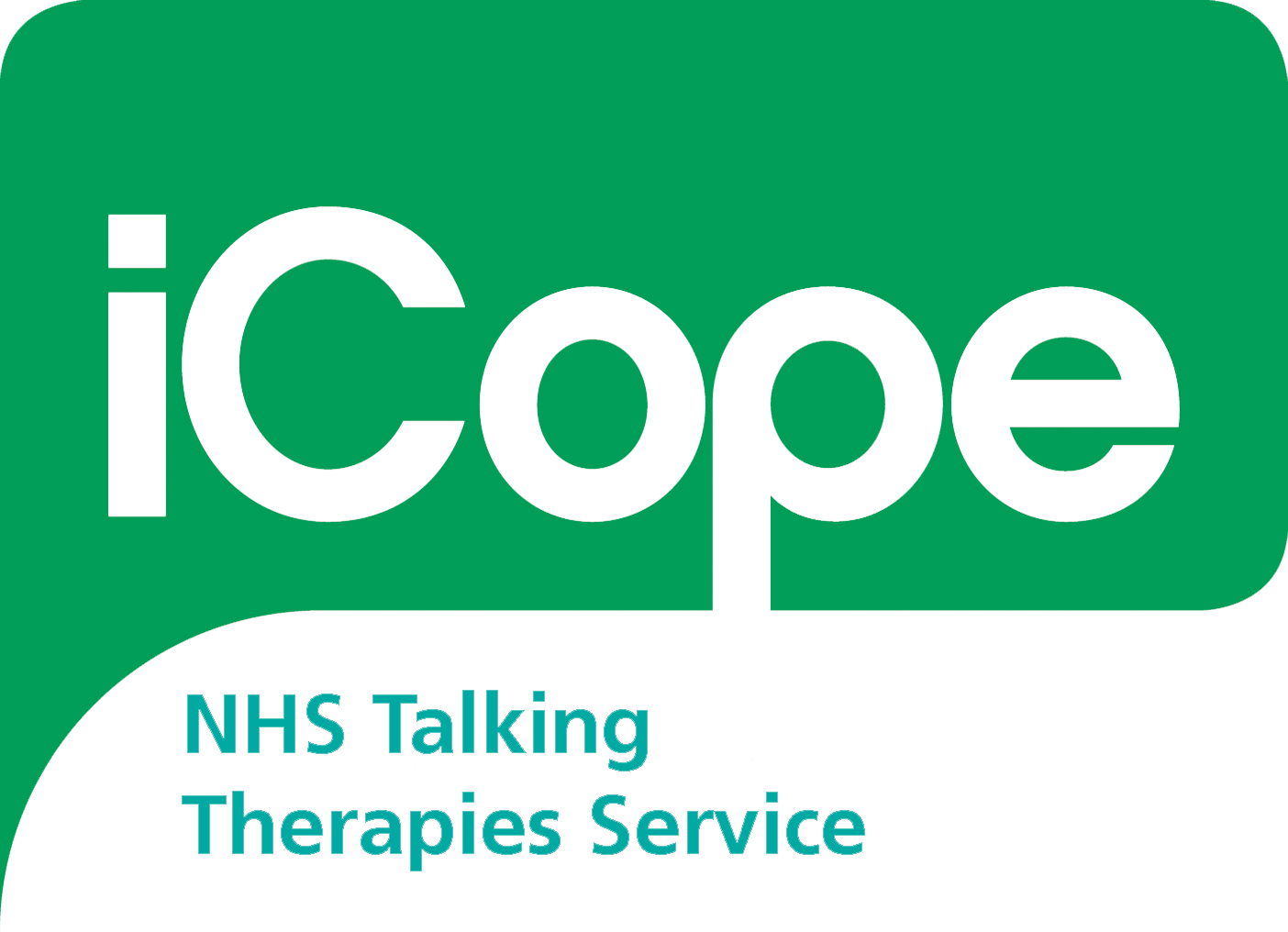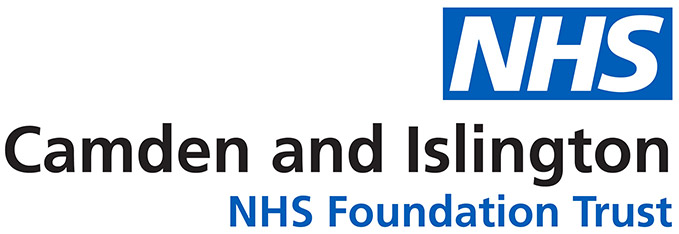Everyone who self-refers to Camden and Islington iCope (or is referred into the service) will either receive a brief phone call offering practical and emotional support suggestions, or rapid access to an assessment that covers these areas. To self refer please click here
The local boroughs are coordinating practical support which can we be explored in the below links. They can help with things like doing food shopping, emergency food packages, collecting medication from the pharmacy or more general practical advice. For services see Camden here; Islington here.
Anxiety and distress are a normal reaction to the current pandemic. A lot of things currently feel uncertain and we have never faced this specific health threat before. You may have had to change your routine, been asked to work from home or practice social-distancing with friends and family – all of these things may be having a big impact on well-being.
Despite this there are ways you can help yourself to keep as psychologically well as possible during this time. Below we have a collection of suggestions, webpages, podcasts and apps that we hope can help.
A new resources that has just appeared is an NHS-led webinar series, Coping Well During Covid. This has been developed to support you if you are feeling anxious about coronavirus and how it is impacting you, your loved ones or your work. The webinar topics will include managing wellbeing, anxiety, low mood and sleeping difficulties.
Each 60-minute webinar is NHS-led and delivered by Emily Gardner, High Intensity Cognitive Behavioural Therapist, Richmond Wellbeing Service. The webinars offer you the chance to explore ideas and tools to support your mental health and wellbeing in a clinically-led and interactive way (when joining live). click here
In addition: Professor David Clark, (the National Clinical Director for all the NHS services like iCope) has made the following recommendations:
In the current stressful situation, it is important that we pay attention to mental health as well as physical health. Here are some tips that may help manage very understandable anxiety and worry.
Take recommended precautions
We all need to take the precautions recommended by Government and the NHS in order to reduce transmission and protect the vulnerable, even if we think we are not particularly vulnerable ourselves. There is quite a bit of fake news circulating on social media. Go to trusted websites for advice such as NHS UK and gov.uk
BUT avoid spending most of your time searching for updates and news.
In such a situation it is tempting to keep checking your phone and searching the web/ social media for news and updates. That is unnecessary and likely to generate more anxiety and worry. Instead you may want to plan to check at specific times, perhaps just once or twice a day.
Keep Active
If you are working from home, try to continue with your projects and routines, at a pace that works for you. If you find yourself with much more spare time than usual, think of creating some new routines or activities. Are there books you always wanted to read but haven’t got around to? Films? Photos to organize? Recipes you haven’t tried? Painting, drawing, etc. Choose things that are meaningful to you.
Some people may find it more difficult to get going in the morning. Keeping normal basic routines like getting up at a specific time, showering, getting dressed etc, can help.
Look after yourself
Eat healthily and regularly, consider moderating alcohol intake, get plenty of sleep, and exercise. All of these are good for the immune system and tend to help mood as well. Of course, social isolation means not going to gyms or exercising in groups but an exercise routine at home, in the garden (if you have one), or in a largely empty park is feasible. There are many home exercise videos available on You-tube. Some gyms have their own virtual instructors. In stressful times, some of us can become self-critical. You’ve got enough burdens without that. Be kind to yourself. If you live with others, remember they are also under stress and try not to personalize any irritating actions.
Become MORE socially connected
We have to physically distance ourselves from others, but we are social beings. Compensate by reaching out to friends and colleagues using social media, phone calls, Facetime, Skype, Zoom etc. This will combat the loneliness we can feel when physically isolated. Create regular ways of linking with your work colleagues even if you are all working from home. Maybe a daily group video conference? Consider creating a WhatsApp, Slack or other social media group.
Be Kind to Others
Kindness is a double blessing. It makes the person who receives a kind act feel better and it makes you feel better for doing it.
From Oxford Anxiety Disorders and Trauma Group
Some trusted websites with advice around managing stress & worries:
Every Mind Matters: https://www.nhs.uk/oneyou/every-mind-matters/
Mental Health Foundation: https://www.mentalhealth.org.uk/publications/looking-after-your-mental-health-during-coronavirus-outbreak
OCD-UK: https://www.ocduk.org/ocd-and-coronavirus-survival-tips/
Mind: https://www.mind.org.uk/information-support/coronavirus-and-your-wellbeing/
Good Thinking: https://www.good-thinking.uk/
Anxiety UK: National charity helping people with Anxiety – Anxiety UK
Anxiety UK also have a free helpline (03444 775 774) and a text message service (07537 416905)
Talk for Health (Offer online peer support groups) https://www.eventbrite.co.uk/o/talk-for-health-8118804576
Podcasts:
Podcast from British Association for Behavioural and Cognitive Psychotherapies (BABCP)
Apps:
Headspace are providing some free exercises: https://www.headspace.com/covid-19
NHS Mental Health Apps Library: https://www.nhs.uk/apps-library/category/mental-health/
Other information:
At iCope we predominantly offer support through Cognitive Behavioural Therapy (CBT) but there is also another form of therapy similar to CBT that can offer support at this time. You can read more about it’s principles here (ACT is not a therapy available within iCope currently)
Acceptance and commitment therapy (ACT) based approach to managing the Coronavirus pandemic: FACE COVID – How to respond effectively to the Corona crisis – by Russ Harris, author of The Happiness Trap
This information was last updated on 1st April 2020 and reflects the information that we have available at this time. We hope this can be helpful and hope to make changes to keep in line with public health guidance if needed.




